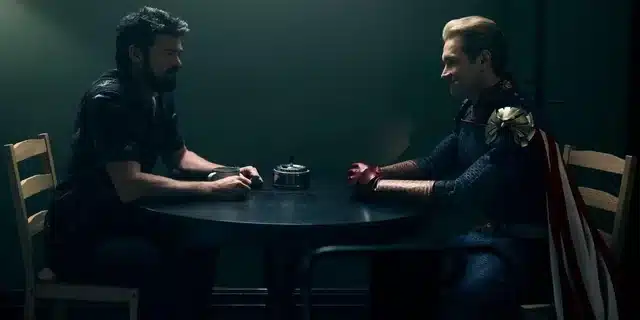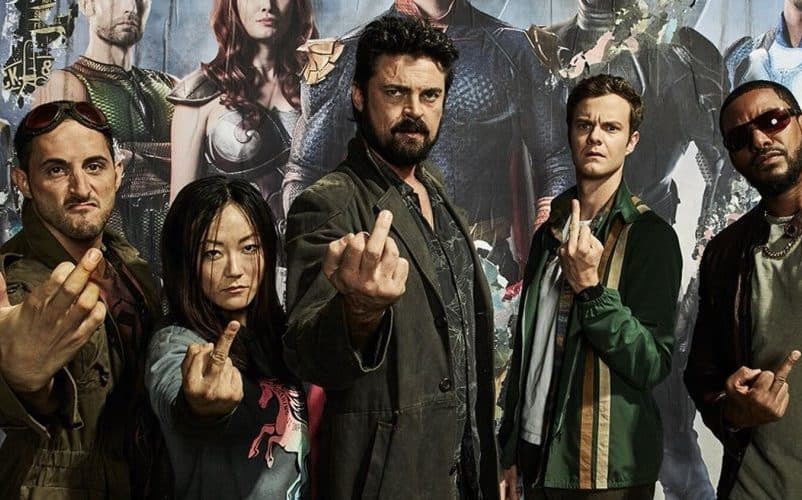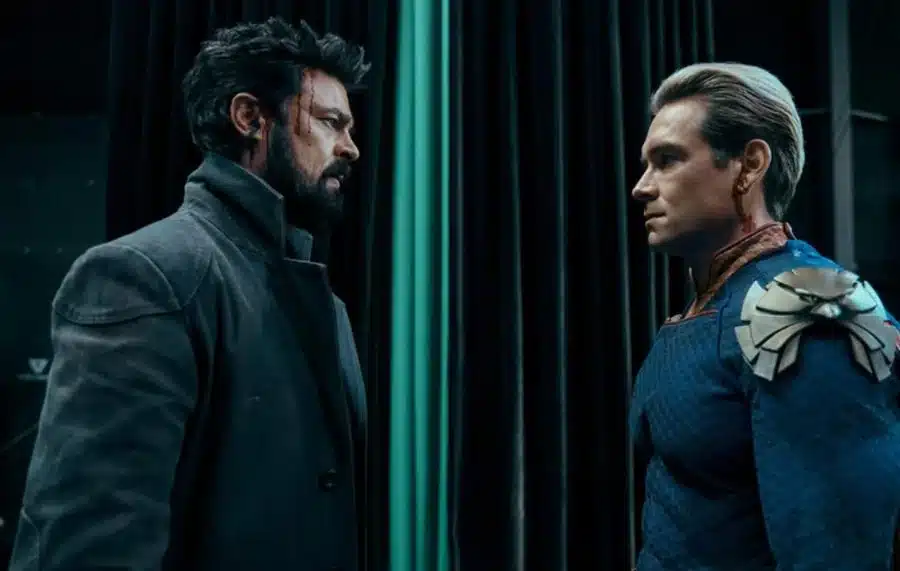In the gritty world of “The Boys,” a question often arises among fans: Why doesn’t Homelander, with all his immense power, simply eliminate his arch-nemesis, Billy Butcher? (Why Doesn’t Homelander Kill Butcher) The show’s creator, Eric Kripke, provides a compelling explanation that delves into the complex dynamics of power struggle and the deeper layers of the villain vs hero narrative.
The Intricate Dynamics of Homelander vs Butcher
The relationship between Homelander and Butcher is far from a simple villain vs hero confrontation. According to Kripke, the tension between these two characters is driven by more than just physical power. Homelander, the embodiment of unchecked authority and power, finds a unique challenge in Butcher’s relentless defiance. This dynamic creates a fascinating interplay where each character represents opposing ideologies, elevating their conflict to a psychological battlefield.
Why Doesn’t Homelander Kill Butcher: The Power Struggle

One might argue that Homelander, with his god-like abilities, could easily end Butcher’s life. However, Kripke suggests that the power struggle is not just about physical dominance. Homelander’s reluctance stems from a deeper psychological need to assert his superiority in a way that transcends mere violence. In many ways, Butcher’s resistance offers Homelander a rare opportunity to test his limits, both mentally and strategically.
A Villain’s Need for Validation
Kripke further explains that Homelander’s character is driven by an insatiable need for validation and admiration. In this respect, Butcher serves as a significant foil. The fact that Butcher is not intimidated by him challenges Homelander’s perception of his own invincibility. It is this challenge that keeps Homelander from simply killing Butcher; the conflict between them feeds into Homelander’s complex psyche, allowing him to explore the depths of his own identity as a villain.
Why Doesn’t Homelander Kill Butcher: A Hero’s Resilience

On the other hand, Butcher is not just a hero fighting a villain; he embodies resilience and the human spirit’s capacity to stand up against overwhelming odds. His vendetta against Homelander is fueled by personal loss and a desire for justice, which makes him an enduring adversary. This resilience is something that Homelander, despite his powers, cannot easily dismantle, adding layers to their ongoing battle.
Conclusion
The interplay between Homelander and Butcher is a testament to the show’s deeper themes of power, identity, and morality. By choosing not to kill Butcher, Homelander engages in a more profound struggle—one that questions the nature of true power and what it means to be a hero or a villain. As Kripke reveals, this complex relationship is what keeps audiences captivated, as it goes beyond physical confrontations to explore the very essence of what drives these characters.
